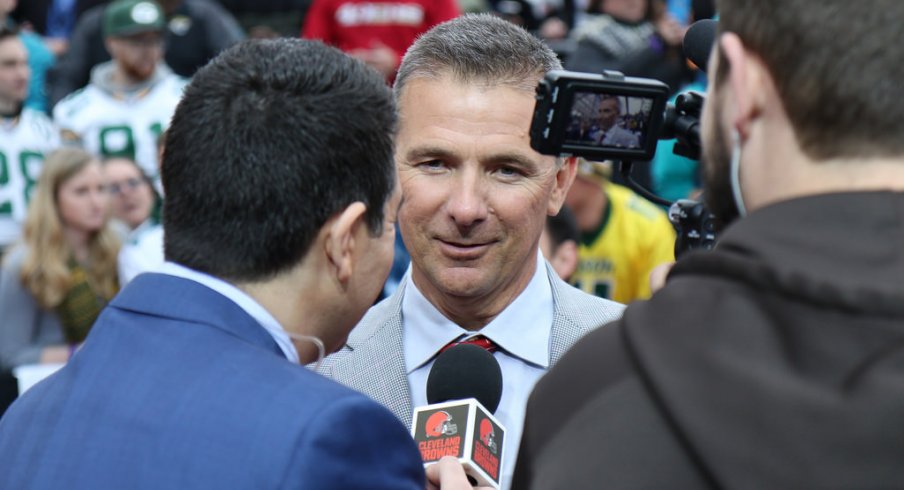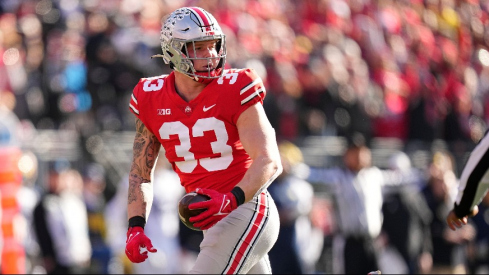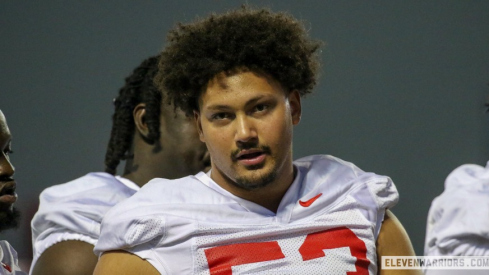One of my favorite bits of pop culture that started as a real part of academia is the Stanford marshmallow experiment, which was a series of psychological experiments that measured delayed gratification in young children conducted by psychologist Walter Mischel in the 1960s and 70s.
Unlike the Stanford prison experiment, the marshmallow experiment was cute and fun and involved very few institutional abuses of power, unless you count harsh lessons in pretzel/Oreo/marshmallow appropriation an abuse of power. The simple version of it (the real version was more complex and involved children actively choosing to either delay or indulge in gratification by indicating to the monitor what they wanted to do) is that you stick a young kid, usually between 3 and 6 years old, in a room with some kind of treat. You tell the kid that if they can hold off eating the treat for a little bit, usually 15 minutes, that they'll get a second treat.
Most kids can't wait. Sure, they'll hold out for a little bit, but eventually they'll shove the whole damn thing in their gobs as soon as they feel like someone isn't looking. What's interesting is that psychologists over the years have found positive correlations between kids who can delay their own gratification and wait 15 minutes for twice the chewy deliciousness and their future ability to do well on standardized tests and so on well into the future.
Kids who can't... well, they get rewarded by the NCAA.
...[T]he NCAA Division I Council — will add a second National Signing Day on the third Wednesday in December. That day is currently the first day junior college prospects can sign with a four-year university.
High school student-athletes will now be allowed to sign their National Letter of Intent in December or during the traditional signing day, which falls on the first Wednesday in February.
Certain local football coaches and administration aren't super happy about this development, and we'll get to their reaction in a second. and they aren't alone, of course. Nick Saban is pissed, as are most of the ACC's coaches, for example. There are a lot of complaints about the timing of the early signing period (too close to Christmas), there are concerns that it locks players into a choice that they may not still want to make by February (what if a coach leaves?), and that maybe kids won't want to play in their high school playoff games if they've already committed to a college (see: McCaffrey, Christian). A lot of the complaints are couched in concerns for the student-athlete while not acknowledging that changing the binding nature of intent letters would effectively negate arguments against allowing players to sign them whenever they want.
But because all of these complaints are seen through the prism of how much control coaches can exert on the recruiting process instead of the recruits themselves, none of them strike me as genuine, except maybe Urban Meyer's take on it:
You make too many mistakes in recruiting [and] someone else is probably standing up here [at the podium] ... Bodies change and the game of football [does, too]. I want as much time [as possible]. I want to watch them play their senior year.
Hell yeah you do, and you want to flip them in January once you've had time to look at the tape of a kid who just got fifty offers over the course of a week after being initially rated as a three star prospect.
And that's fine! Ohio State fans revel in the idea that Meyer is a shark who takes no prisoners and lives his life at the pinnacle of the Glengarry Glen Ross summit, and flipping recruits is the functional equivalent of flipping the bird to the rest of the country every winter. But in terms of achievement, that's exactly what it is: a super badass victory lap that rubs Ohio State's success in the face of the rest of the country. To pretend that the reasons coaches and athletic department heads have for opposing the early signing period are anything but self-concerned is disingenuous.
It's probably true that most major prospects in various top 100 lists won't take advantage of an early signing period. Those that enjoy the attention or those that simply take a while to make up their minds about a momentous decision aren't going to pull the trigger at the first available chance. It's also true that players who are considered marginal by schools like Ohio State and Alabama not have a certain amount of leverage, and this is why I think that this is ultimately a good thing for college football recruiting.
Let's say that Recruit A is a five star offensive lineman who lives out of state. Recruit B is a three star offensive lineman, but is also lives in the same state as School C. School C really, really wants Recruit A to sign on, as they badly need a top flight left tackle, but knows that it's a coin flip at best. Recruit B is available, but probably isn't going to get any Heisman votes down the line. Under the new signing rules, School C is forced to make a choice earlier in the game than they would in previous years. Coaches obsessed with control and flexibility hate that they'd be this beholden to another artificial deadline; the tools of mass offers, "soft" or "unofficial" offers, or even implied offers lose their effectiveness when it becomes a race against the clock to sign a kid before Christmas.
Some of the concerns that coaches and athletic departments have about the new early signing period are legitimate, and any time there's a large change to how recruiting operates there's the possibility of someone finding a loophole to exploit. But an early signing period in December will force colleges to be more honest to the players they offer and prevent the very best schools in the country from using lower-rated recruits as a tetherball to be batted around in the event that a higher-rated recruit bails or gets poached. This might mean fewer Kenny Guitons on the Ohio States of the world, but it's also a more honest approach to recruiting.
See, the truth is that in our own marshmallow experiment, the kids aren't the recruits and the marshmallows aren't the National Letters of Intent, just sitting there all delicious and waiting to be signed. Instead, the kids are the head coaches, and the marshmallows are the recruits. For years, they've been able to eat their treats with impunity, knowing that another one can always pop up as long as they're persistent enough. Now for at least a few months they're finite, and the ability of coaches to make good choices in recruiting becomes more important than their ability to beg for another marshmallow.


